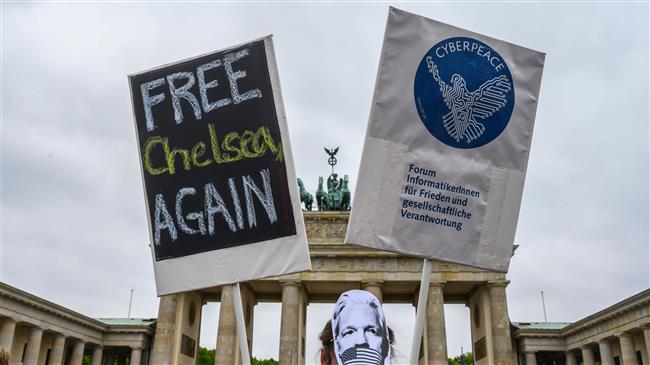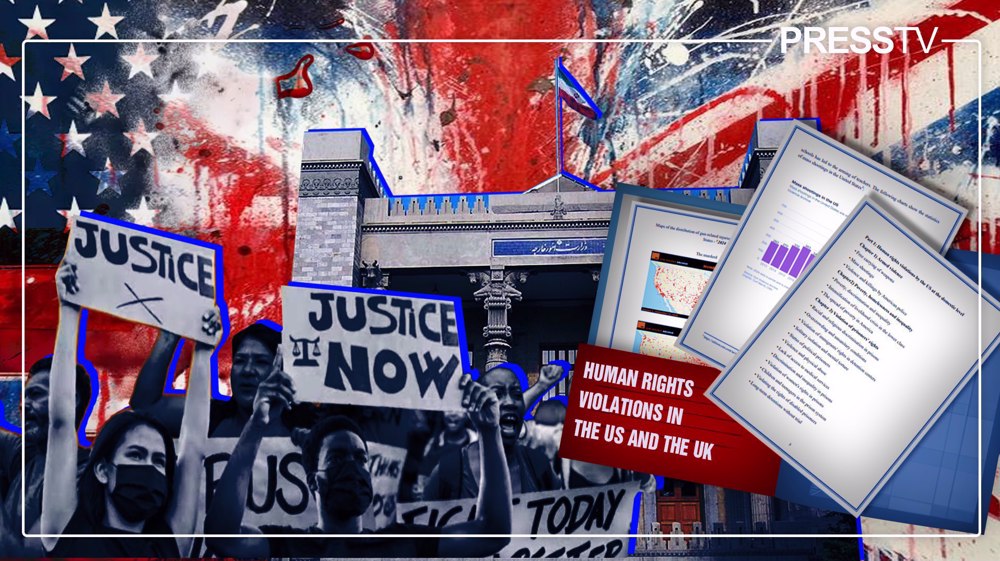UN panel calls WikiLeaks founder’s UK sentence ‘disproportionate’
A panel of human rights experts affiliated with the United Nations has criticized the 50-week sentence that a British judge imposed last week on WikiLeaks founder Julian Assange for jumping bail, saying the ruling was “disproportionate” and violated his rights.
The UN Working Group on Arbitrary Detention in Geneva said on Saturday that Assange had committed “a minor violation” in 2012 when he skipped his bail and took refuge in the Ecuadorian embassy in London in an attempt to avoid extradition to Sweden for sex abuse allegations.
“The working group is further concerned that Mr Assange has been detained since 11 April 2019 in Belmarsh Prison, a high-security prison, as if he were convicted for a serious criminal offense,” said the UN panel of experts.
He was arrested last month after Ecuador revoked his asylum. He will now serve the nearly one-year jail sentence while fighting a separate attempt to extradite him to the United States.
The group also noted that jailing Assange for breaking bail was not a right decision in the first place as the bail had been related to a rape and sexual assault case in Sweden in 2010 which was later dropped.
“It is worth recalling that the detention and the subsequent bail of Mr Assange in the UK were connected to preliminary investigations initiated in 2010 by a prosecutor in Sweden,” said the panel.
“It is equally worth noting that that prosecutor did not press any charges against Mr Assange and that, in 2017, after interviewing him in the Ecuadorian embassy in London, she discontinued investigations and brought an end to the case,” it added.
Assange is wanted by the US government for publishing hundreds of thousands of confidential documents in 2010 on WikiLeaks, the website he had co-founded several years before.
A court in London held an initial hearing on his extradition to the US on Thursday where lawyers representing the US government claimed they had computer chat room records showing Assange had collaborated with former US Army intelligence analyst Chelsea Manning to access the data on government systems.
Assange, who has consistently denied the allegations, told the court that he would not surrender to the extradition request. He said that publishing the documents was a pure journalistic work meant to expose crimes committed by people in the US military and government.
The journalist was arrested last month after Ecuador withdrew his asylum and allowed police officers to drag him out of the embassy after nearly seven years of living in the facility.
At least 19 Gazans killed by Israeli airstrikes since dawn: Medics
Leader: Iran has no proxy forces in West Asia
US fighter aircraft shot down ‘in friendly fire’ amid aggression on Yemen
Yemeni FM: Israel’s sponsors accountable for ongoing aggression on Sana’a
Eight Palestinians killed as Israel attacks Gaza school, hospitals
VIDEO | Rome, Milan host new protests in solidarity with Palestinians
Dec. 21: ‘Axis of Resistance’ operations against Israeli occupation
Spain jurists demand ties with Israel ties be cut















 This makes it easy to access the Press TV website
This makes it easy to access the Press TV website